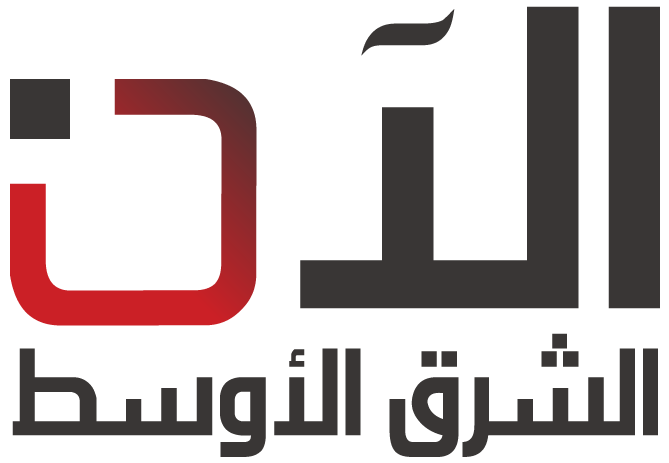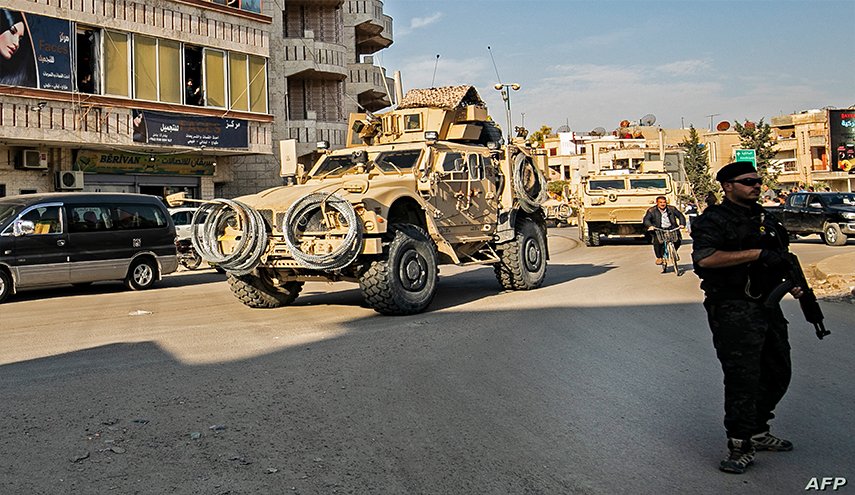For the past few weeks, Ayn Issa, located in Raqqa Governorate, Northern Syria, has become an area of complete insecurity, a battlefield between the Kurdish Syrian Democratic Forces (SDF), backed by the USA, and the Turkish-backed Syrian National Army (SNA), under the watch of Russian forces.
The town has been controlled by the Kurd, but it is located just outside the region occupied by Turkish-backed forces. Giving its location along the M4 highway, which connects north-east Syria to the western part of the country, Ayn Issa is a wanted place for the Turkish control.
Despite the October 2019 agreements between the parties, since the ending of November 2020 tensions increased due to the Turkish and allied forces shelling on the city and surrounding area. As a result, thousands of people fled Ayn Issa, fearing for their life. But there are also people who refused to leave their homes, having no other viable alternative.
In the same time, SDF representatives blame Russia’s stance in the conflict. Even though on the 1st of January 2021, as a result of a bomb explosion near a Russian Military Base in South of Ayn Issa, several soldiers were wounded, Russians didn’t have a firm response to the incident. On the contrary, Kurdish officials claim that this situation might reveal an arrangement between Russia and Turkey that aims pushing SDF out of this strategic area in order to hand the city to the Syrian regime. In this scenario, the Kurdish perspective of a Syrian Kurdish autonomy would be once again postponed, for an undetermined time.
According to Riyad Khalaf, a SDF Commander, Turkey is trying to seize more territory, like Ayn Issa and surroundings, before Donald Trump leaves office.
Joe Biden and Kamala Harris have been formally confirmed as president and vice-president of the United States of America by Congress and are scheduled to take office on January 20, 2021. The incoming USA administration might have a different perspective towards Syrian policy and Ankara is aware of it.
Turkey claims that SDF is linked to PKK (Kurdistan Workers’ Party), which Ankara considers to be a terrorist organization, and therefore, fights against it. Tensions between SDF and Turkish-led forces in Syria were a source of permanent instability. But the clashes reached a peak in 2019, with a cross-border military operation conducted by the Turkish military and the Syrian National Army (SNA) against the Syrian Democratic Forces (SDF) and the Syrian Arab Army (SAA) in northern Syria, just after the Trump administration ordered American troops to withdraw from northeastern Syria, where the USA had been supporting its Kurdish allies. At the time, Kurdish forces based in Syria felt the United States abandoned them with no warning and no justification after years of cooperation fighting against Daesh.


